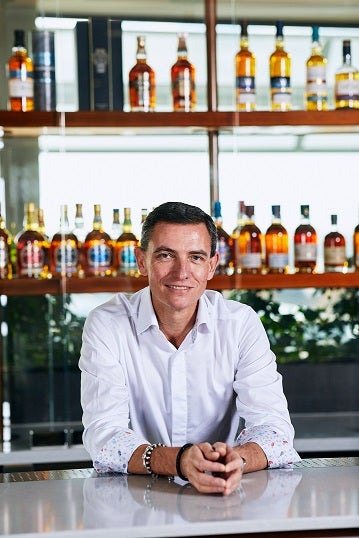Following on from Pernod Ricard’s half-year results yesterday, Just Drinks learns more about the performance of the group’s Scotch whisky division, Chivas Brothers, from CEO Jean Etienne Gourgues.

How is the supply chain squeeze affecting Scotch whisky? Here's the man who knows
Following on from Pernod Ricard’s half-year results yesterday, Just Drinks learns more about the performance of the group’s Scotch whisky division, Chivas Brothers, from CEO Jean Etienne Gourgues.
